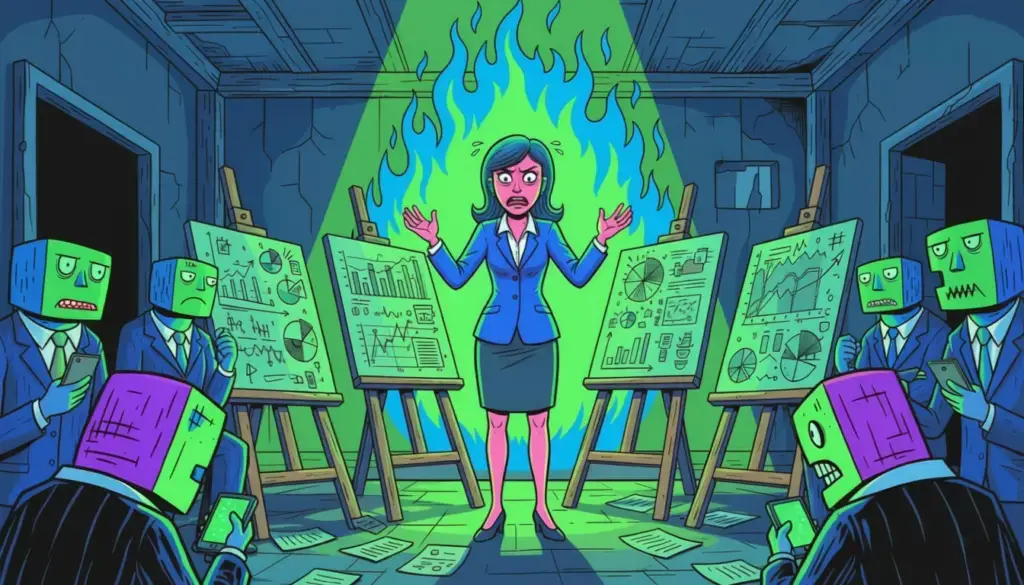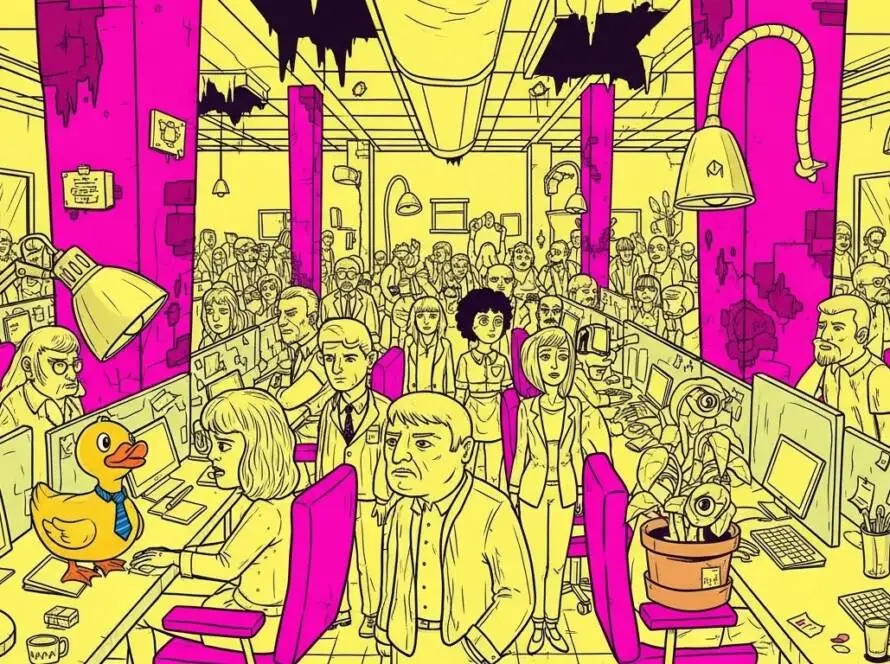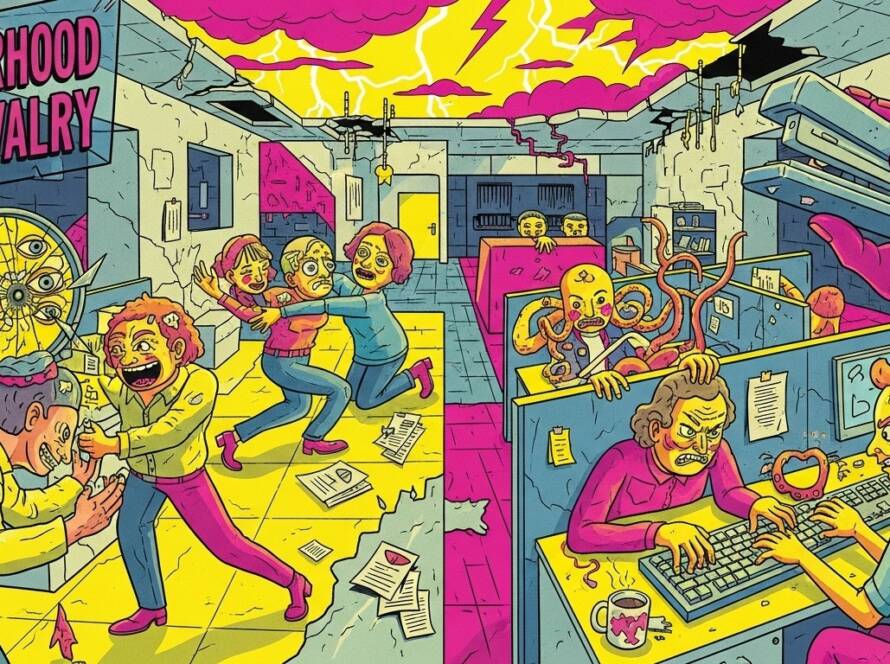Ah, the age-old dilemma: you’re a bona fide expert, armed with knowledge that could change lives, and yet, you’re met with a wall of silence and disinterest. It’s like trying to get a cat to take a bath—no matter how much you plead, the result is the same: a lot of splashing, hissing, and ultimately, you getting wet.
The “Expert” Syndrome
Let’s talk about why people refuse to listen to the experts:
Information Overload
Today, everyone is a “self-proclaimed expert.” Thanks to Google, your neighbor’s cat knows more about quantum physics than Einstein did. When you’re trying to impart wisdom, they might be too busy scrolling through the latest TikTok trend—a dance that apparently has more steps than an Irish jig.Distrust of Authority
Remember when people used to trust doctors? Nowadays, even the most esteemed phonetics professor can’t convince someone to pronounce “nuclear” correctly! People often think, “What could this person possibly know that I can’t find in an Instagram meme?”Our Attention Span is That of a Goldfish
Studies show that our attention spans are currently shorter than that of a goldfish. So, while you’re delivering a wondrous monologue about the intricacies of your field, they’re thinking about lunch, the latest episode of Game of Thrones (wait, what do you mean it ended?), or how the vending machine is conspiring against them.
Humor: The Key to Unlocking Ears
When all else fails, why not sprinkle some humor into your expert dialogue? Here are some tips to make your expertise sound deliciously enticing:
Start with a Joke
“I went to a lecture on how to be a better public speaker. Seems to have worked… no one’s here!” A laugh usually breaks the ice—and the tension.Use Relatable Analogies
Compare complex ideas to everyday scenarios. “Treating a company’s culture like bad pizza—sometimes you just need to toss the whole thing and start from scratch, instead of trying to scrape the mold off the top!”Self-Deprecation
Make fun of yourself to connect. “I once tried to solve a problem that turned out to be a Windows update… At least I didn’t declare it ‘unsolvable’ in my expert report!”
Alternatives: Engaging Them Without Fear
If humor doesn’t seem to work and you feel like your audience resembles uninterested statues, try these alternative methods:
Interactive Segments
Instead of pontificating from a pedestal, ask for their input. Turning it into a game can be refreshing! “Who can guess the most common mistake in financial planning? Spoiler: It’s buying a yacht you can’t afford.”Visual Aids
Use infographics or videos. You know, the kind that grabs attention faster than a cat meme disappearing from the internet.Storytelling
Experts can tell stories, too! Share a funny or relatable experience related to your expertise. “I once tried to explain data analytics to my grandma. She asked if that meant she should stop feeding her garden gnomes coffee.”
Conclusion
In the end, getting people to listen as an expert can feel a bit like herding cats—frustrating yet comically absurd. Remember that not every audience will be your biggest fan, and that’s perfectly fine. On your journey to educating others, don’t forget to enjoy the ride—and keep those humor reserves topped up. After all, laughter is a much better teacher than just another PowerPoint slide!
Disclaimer:
The information provided in this blog is for informational purposes only and should not be considered professional advice. While we strive to provide accurate and up-to-date information, we make no guarantees about the completeness or reliability of the content. Any actions you take based on the information in this blog are at your own risk. Additionally, this blog may contain affiliate links, and we may earn a commission from purchases made through those links.



